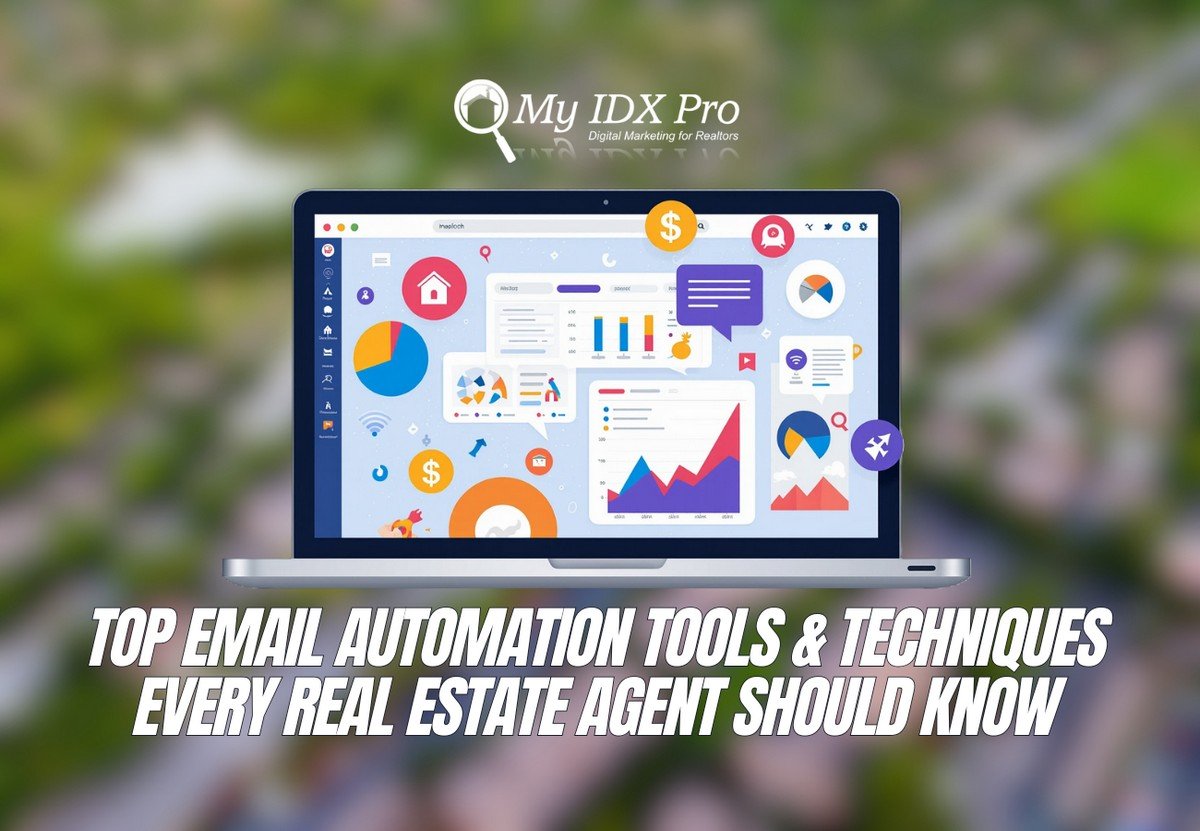

How Virtual Tours Are Revolutionizing Real Estate Showcases
Imagine touring your dream home in your pajamas—no traffic, no scheduling hassles, no pressure. Sounds futuristic? Not anymore. Virtual tours

Your real estate website is your virtual storefront, and its layout is one of the most critical elements determining your success in the competitive world of real estate. An effective website layout can maximize user engagement, drive conversions, and ultimately lead to more successful transactions. In this article, we’ll delve into the art of mastering real estate website layouts to achieve maximum conversion rates.
User-Friendly Navigation
One of the fundamental principles of effective real estate website layouts is user-friendly navigation. Your website should be intuitive and easy to navigate, allowing visitors to find what they’re looking for quickly. Consider using clear menus, a well-structured sitemap, and a search feature to help users locate properties, information, and resources effortlessly.
Showcase Your Listings Prominently
Your property listings are the heart of your real estate website, and your layout should reflect that. Highlight your listings prominently on your homepage or a dedicated properties page. Use high-quality images, concise descriptions, and clear calls to action (CTAs) that direct users to view property details, schedule showings, or get in touch with you.
Mobile Responsiveness
As more users browse the internet on mobile devices, your website layout must be responsive to different screen sizes. Your website should adapt seamlessly to smartphones and tablets, providing a consistent and user-friendly experience across all devices. A responsive layout ensures that potential clients can explore your listings and contact you on the go.
Clear and Engaging CTAs
Call-to-action buttons are essential for guiding users through your website and encouraging them to take the desired actions. Use clear, engaging CTAs that lead visitors to key pages, such as property details, contact forms, and subscription sign-ups. Test different CTAs to see which ones yield the best results and incorporate them into your layout accordingly.
Emphasize Visuals with Sliders and Galleries
The visual appeal of your real estate listings is paramount. Incorporate image sliders and galleries to showcase your properties effectively. Use a mix of high-quality images, virtual tours, and videos to provide a comprehensive view of each listing. Visual elements not only capture the attention of visitors but also allow them to immerse themselves in the property.
Content Organization
Your website’s layout should be well-organized to make it easy for visitors to access valuable content and resources. Consider categorizing blog posts, neighborhood guides, market reports, and other informative content. Effective content organization improves user experience and keeps visitors engaged for longer, increasing the likelihood of conversion.
Social Proof and Testimonials
Social proof and client testimonials are powerful tools for boosting trust and credibility. Incorporate sections for testimonials and reviews into your layout. Real-life experiences from satisfied clients can reassure potential buyers and sellers, making them more likely to engage with your services.
Contact Information Accessibility
Make it simple for visitors to contact you. Ensure that your contact information is easily accessible and visible on every page of your website. Including a contact form and live chat, options can further facilitate communication, giving potential clients a quick and convenient way to get in touch.
Lead Generation Forms
Lead generation forms are a critical component of your website’s layout. Strategically place lead capture forms throughout your site to encourage visitors to subscribe to newsletters, schedule showings, or request property information. Tailor your forms to align with the specific conversion goals of your real estate business.
A/B Testing for Continuous Improvement
Mastering real estate website layout is an ongoing process. Implement A/B testing to compare different layout elements and determine which ones yield the best conversion rates. Experiment with variations of CTAs, color schemes, and content placement to fine-tune your website’s performance continually.
Mastering real estate website layouts is a dynamic and evolving process. By prioritizing user-friendly navigation, showcasing your listings prominently, ensuring mobile responsiveness, utilizing clear and engaging CTAs, and emphasizing visual elements, you can create a layout that maximizes conversion rates. Additionally, content organization, social proof, contact information accessibility, and lead generation forms all play a significant role in creating an effective layout.
Regularly analyze data, conduct A/B testing, and stay up-to-date with design trends to ensure your website continues to perform at its best. With the right layout, you can create an engaging online presence that attracts potential clients, encourages user interaction, and ultimately leads to more successful real estate transactions.
Ready to transform your real estate website for maximum conversions?
Take the next step towards success by optimizing your website layout. From user-friendly navigation to compelling CTAs, we’ve covered it all. Don’t miss out on potential clients—start maximizing your conversions today!

Imagine touring your dream home in your pajamas—no traffic, no scheduling hassles, no pressure. Sounds futuristic? Not anymore. Virtual tours

In the fast-moving world of real estate, timing and personalization are everything. Whether you’re nurturing leads, staying in touch with

Get a Fully Optimized Real Estate Website No Setup Fee for St. Patrick’s Day!

